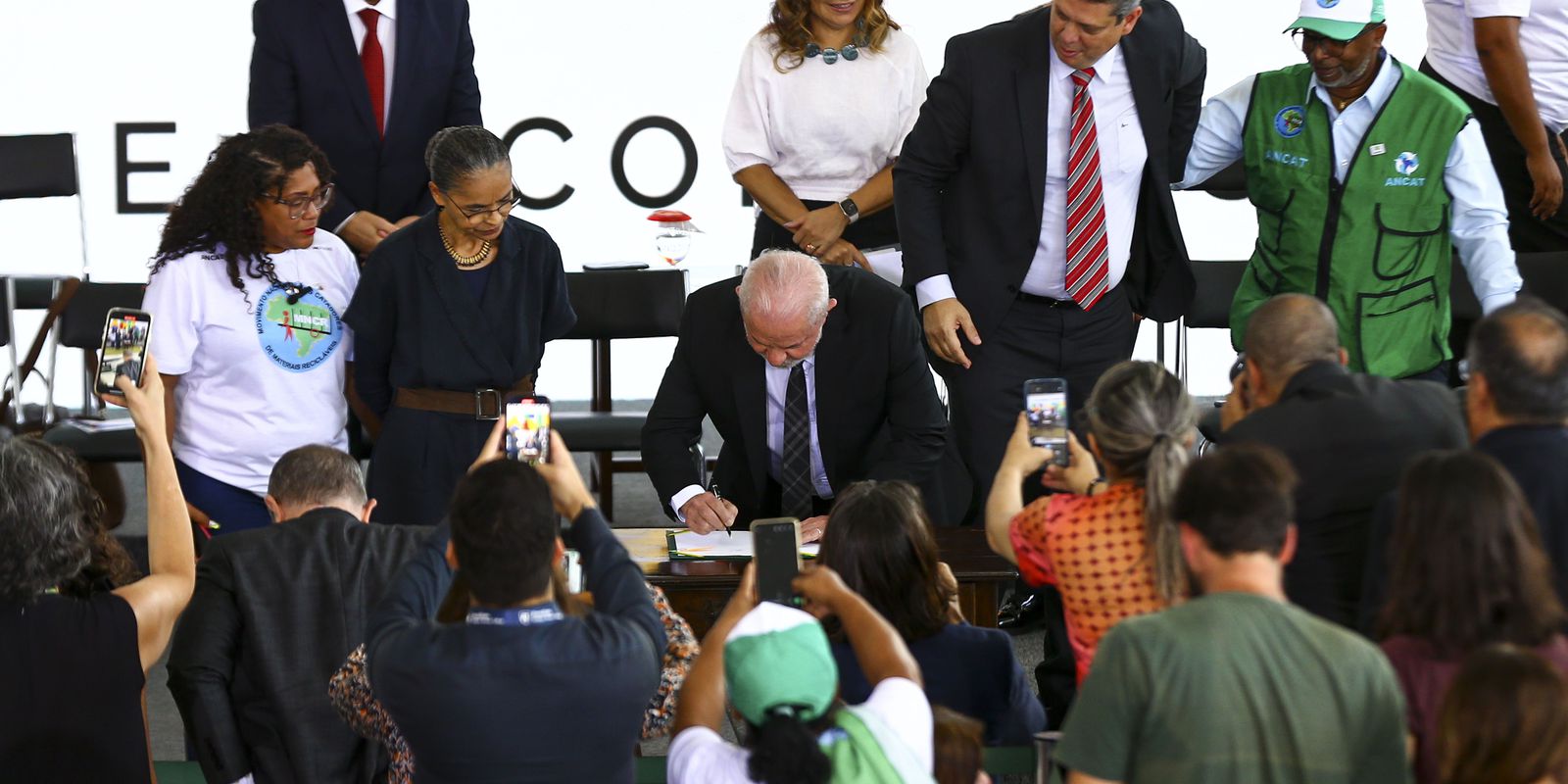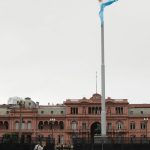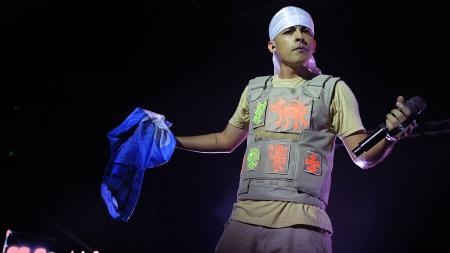President Luiz Inácio Lula da Silva signed today (13) a decree establishing the Diogo Sant’ana Pró-Catadoras and Catadores Program for Popular Recycling, an update of the former Pro-Catador Program, extinct in 2020. waste pickers as central actors in the reuse chain of recyclable and reusable materials in Brazil and change the current model of circular economy and reverse logistics in the country.
Lula also signed a decree reviewing reverse logistics concepts, revoking the Recicla+ program, launched last year, and establishing three new instruments: the Recycling Credit Certificate; the Certificate of Structuring and Recycling of Packaging in General; and Future Mass Credit.
The Minister of the Environment and Climate Change, Marina Silva, highlighted that the collectors carry out the most important and most difficult part of waste management, “collecting materials on the streets, at selective collection points and even in very painful and unacceptable circumstances. , as is the case with landfills”.
“Thanks to their work, it is possible for a large part of the waste to return to the production cycle as raw material, reducing gas emissions and preventing it from being deposited in landfills, contaminating the soil, water and causing diseases,” he said. “At the same time, supporting this segment of society is a social, environmental benefit and an ethical and political commitment to care for the environment while taking care of people”, he added.
According to Marina, the two decrees bring instruments that will allow collectors to receive an additional income. “And that this payment can be made in such a way that the collector does not have to depend only on the one who will buy his material, because he already has that right in advance as if it were a kind of credit for the work he does”, he explained, without detail measurement.
The minister also pointed out that giving protagonism to the class of collectors is a way of combating environmental racism. “Most people who work with recyclable materials are black people, especially women heads of families, who are forced to seek this alternative in order to survive,” she said. “For this reason, when public policies are implemented that restore dignity, that treat them as professionals, that remunerate them beyond the materials that are collected but for the work they provide in terms of environmental services to the community, it is a way of combating environmental racism” , he pointed out.
Financial support
The decrees were prepared by a technical working group coordinated by the General Secretariat of the Presidency of the Republic. The group had, over the course of 12 meetings, the participation of representatives of reusable and recyclable material collectors’ cooperatives and the business sector that operates in reverse logistics policy, as well as invited members of eight government agencies.
For the Minister of the General Secretariat, Marcio Macêdo, the collectors perform a public utility service of environmental preservation and cannot be on the same level as companies and cooperatives of collectors in the reverse logistics chain, which has the technology to process the materials. Even so, according to him, it is necessary “to recognize the role of companies in the correct measure of their contribution, of the importance of recycling to leverage the economy”.
“The new decree recognizes the role of companies, puts the central players in the recycling process back in their proper place, adjusts reverse logistics mechanisms so that collectors, individually or in cooperatives, can continue exercising their profession with dignity,” he said.
According to Macêdo, the financial institutions – BNDES, Caixa and Banco do Brasil – made themselves available to create incentive measures and lines of financing for the execution of the Pró-Catador Program projects for popular recycling, to provide equal conditions to become entrepreneurs in the same areas. conditions than the industry. Among the projects, he cited the construction and expansion of recyclables recovery units, acquisition of equipment and vehicles for the collection and transport of materials.
“It is essential to have financial support for the implementation of collection and recycling projects, including interventions that aim to contribute to increasing jobs and the capacity to process waste that can be recycled, as well as improving the work conditions and income of collectors,” said Macêdo .
Monitoring
The decrees also establish the Interministerial Committee for the Socioeconomic Inclusion of Collectors of Reusable and Recyclable Materials. The purpose of the body will be to coordinate, execute and carry out follow-up, monitoring and evaluation of the program.
It will be formed by representatives of 15 folders. The Presidency comprises the General Secretariat, the Civil House and the Institutional Relations Secretariat, and the Ministries of Justice and Public Security; Education; Health; Work and Employment; Environment and Climate Change; Development and Social Assistance, Family and Combating Hunger; Cities; Planning and Budgeting; Management and Innovation in Public Services; Human Rights and Citizenship; Women and Racial Equality.
Work will be coordinated by the General Secretariat.
Homage
The Pro-Catador Program was created during President Lula’s second government, in 2010, and brought together actions to support low-income workers who were dedicated to collecting reusable and recyclable materials. In 2020, the program was extinguished and now, with the recreation, it will be renamed.
At the request of the collectors, it will be named Diogo Sant’ana, in honor of the lawyer and professor who, in 2010, was responsible for the program within the scope of the General Secretariat of the Presidency. He passed away on December 31, 2020 at the age of 41. In addition to the General Secretariat, Diogo Sant’ana also worked in the Office of the President of the Republic and in the Civil House during the governments of Lula and Dilma Rousseff.
“People who have a heart the size of Diogo’s never die,” said Lula during his brief speech. “The body goes away, but Diogo’s ideals are wandering here in the head of each collector”, she added.
















